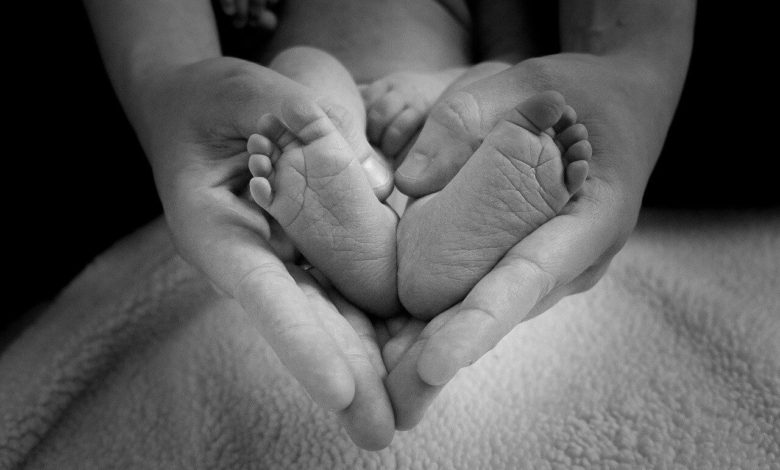Symptoms of heart disease on early ages

Studies show that eight out of 1000 babies experience heart conditions. An alarming situation for families, heart problems can occur both in infancy and childhood. Although heart diseases are generally known as advanced age disease, they are considerably more in young people and children. In newborns, congenital heart diseases are in the foreground, while older children have infections and genetic diseases.
POSSIBLE AT ANY AGE:
Childhood is between the ages of 0-18 and heart-related problems are encountered in each age group. Congenital heart diseases are more prominent in newborn babies, and subsequently acquired infection and genetic diseases can cause heart diseases with the advancement of the child’s age. Good observation of children by parents and routine checks at regular intervals are vital for early diagnosis of heart disease.
SYMPTOMS SIGNING TO HEART DISEASES:
- Fast and difficult breathing:
Rapid breathing by age without any conditions such as pneumonia or fever, nasal flaring, the inward displacement of ribs due to the use of auxiliary respiratory muscles is one of the important indicators of heart disease in children.
If respiratory rate per minute
– over 60 in the newborn period
– over 40 in infancy
– over 30 in older child
– over 20 in teens and do not have fever, lung diseases, it may be necessary to apply to the pediatric cardiology doctor.
- Bruising:
When children are excited, they may experience bruising, especially around the mouth and fingertips, in the cold or during baths, these can be considered normal. However, if bruising is in the tongue and oral mucosa and if it is continuous and increases with exercise, it is an important sign of heart disease.
- Palpitation:
If the child felt heart beat and discomfort by it we call it as palpilation. It may be a symptom of rhythm disturbances, as well as anemia, thyroid hormone irregularities, heart diseases, and infectious diseases. If the child states that he / she constantly feels palpitations, it must be examined by the child cardiologist.
- Heart rate being too fast, too slow or irregular:
Since the chest wall is thin in children, heart beats can be felt by the parents. As the age gets younger, the heart beats faster. Rapid beating of the heart, especially during sleep, may indicate heart disease or rhythm disturbance. At the same time, under 80 beats per minute in the newborn period, under 60 beats per minute in other age groups and irregular beats should be examined.
- Heart murmur:
A murmur can be heard in one of every 2 children in any period of childhood. It may not be possible for parents to hear this murmur sound. During the routine controls, a different sound than normal should be examined by the pediatric cardiology specialist. According to the echocardiography, there may be morphological disorders in the heart or related vessels. But sometimes there may be no reason for murmur. These murmurs are called as innocent murmurs.
- Chest pain:
The pain and tightness sensation in the left chest of the child can sometimes indicate serious heart-related diseases. Ischemia in the heart vessels (a part of the body not getting enough blood and oxygen due to a regional decrease or disruption in blood flow), fluid accumulation around the heart, valve problems, can cause chest pain, as well as some simple ribs and chest wall diseases can cause the same complaint.
- Prolonged fever:
Fever that lasts more than five days and does not respond to antibiotics may be related to the common Kawasaki disease. Diagnosis of the disease is very important. Because it can affect the whole life by damaging the coronary vessels that feed the heart.
- Growth retardation, rapid fatigue, extreme weakness:
Children with heart failure are tired, sluggish and get tired more quickly than their friends. Since they consume their energy by fighting heart failure, gaining weight is being slower than usual.
- Pain and swelling on joint:
Acute rheumatic fever, which causes damage by holding the heart valves, can manifest itself with pain and swelling on joint. Acute rheumatic fever, affecting the heart valves, muscle, outer membrane, is a disease that affects the entire life.
- Large chest in the chest x-ray, abnormalities in the shaping and placement of the heart and main vessels:
It is not possible for parents to know these symptoms. However, not interrupting the routine controls of children allows many heart diseases to appear at the beginning stage. Chest x-ray disorders detected by a pediatrician or family doctor must be examined by echocardiography.





